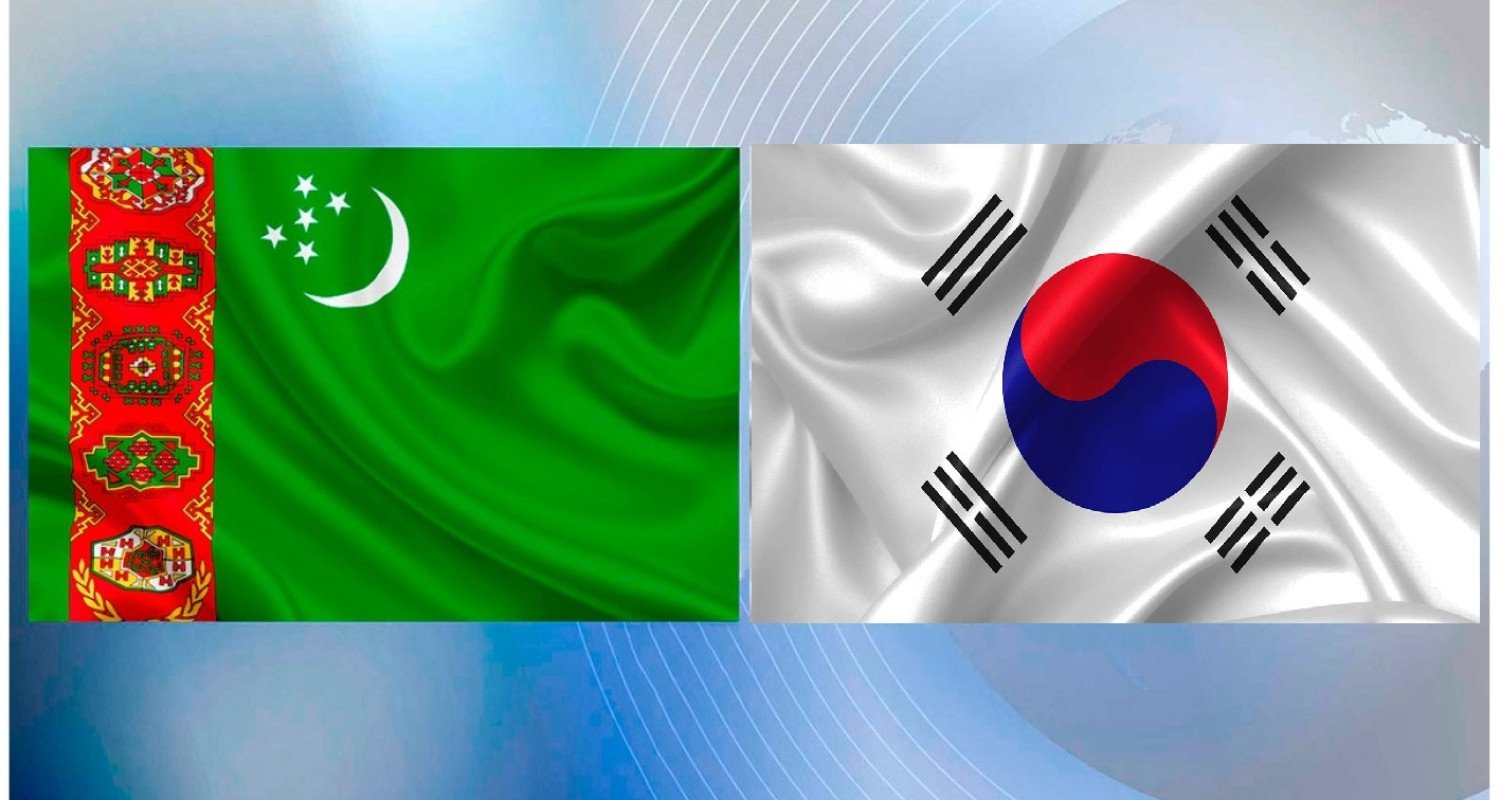BAKU, Azerbaijan, August 19. In today’s world, where economic ties play a key role in the prosperity of nations, Turkmenistan and the Republic of Korea provide an example of a successful and dynamic partnership. A meeting held on August 11, 2025, between Turkmenistan’s Deputy Minister of Foreign Affairs Akhmet Gurbanov and South Korea’s Ambassador to Turkmenistan Ji Kyu-Taek, who is concluding his diplomatic mission, marked an important step in strengthening bilateral relations. The discussions covered a wide range of areas, including political-diplomatic, trade-economic, and cultural-humanitarian cooperation.
Turkmenistan is demonstrating impressive economic growth, making it an increasingly attractive and reliable partner on the global stage. In 2024, the country’s gross domestic product (GDP) reached a record $64.24 billion. A consistently high growth rate, recorded at 6.3% in December 2024, underscores the stability of this development.
Foreign direct investment (FDI) in Turkmenistan has also grown significantly. In 2024, the country attracted $1.6 billion, ranking second among Central Asian nations in this regard. For comparison, FDI totaled $936 million in 2022. This growth reflects strong international investor interest in the Turkmen economy.
Turkmenistan is a major player in the global energy market, ranking fourth in natural gas exports. In addition, the country exports oil, polymers, cotton, and textiles, while actively diversifying its export portfolio. In 2024, polymer product sales increased by 38.5%, and plastic products by 66.7%. The output of the light industry, including cotton yarn, fabrics, and finished textile products, reached approximately $200 million. Exports of agricultural products, including lentils, onions, fruits, and grapes, also grew. These figures highlight the success of Turkmenistan’s diversification strategy, making the country a more versatile and attractive partner for high-tech economies such as South Korea, which require a wide range of goods.
The Republic of Korea, in turn, is one of the world’s leading economies, with a high level of development and significant purchasing power. An analysis of the country’s import needs shows strong alignment with Turkmenistan’s export potential. In 2022, South Korea’s main imports included crude oil and petroleum products (14.4% of total imports, $105 billion) and mineral fuels, oils, and products of their distillation (9.47%, $64 billion). Other major import categories included plastics and articles thereof (6.02%, $41 billion) and inorganic chemical products (2.28%, $15.6 billion).
The alignment of South Korea’s key import categories with Turkmenistan’s main exports - natural gas, oil, polymers, and chemical products - demonstrates a high level of economic complementarity. As a highly industrialized country, South Korea has a constant demand for energy resources and industrial raw materials, which Turkmenistan produces and actively diversifies.
Despite this strong potential, trade between Turkmenistan and South Korea remains relatively modest. In 2024, South Korea imported $37,700 worth of goods from Turkmenistan, including inorganic chemicals, essential oils, carpets, and clothing. By comparison, South Korea’s total imports in October 2024 reached $54.4 billion. This gap highlights a significant untapped potential for expanding Turkmen exports.
Bilateral cooperation extends beyond trade, encompassing strategic investments and innovative projects. A notable example is the “Framework Cooperation Agreement on the Fourth Phase of the Galkynysh Gas Field” between Turkmenistan’s state concern Turkmengaz and South Korea’s Hyundai Engineering Co., Ltd. The agreement covers the design, construction, and preparation of gas production facilities with an output of 10 billion cubic meters per year, as well as subsequent gas supply. Galkynysh is one of the world’s largest gas fields, and Hyundai Engineering’s involvement in its fourth phase underscores the strategic significance of this partnership.
Thus, Turkmenistan and South Korea exemplify a strategically coordinated and mutually beneficial partnership, integrating economic, trade, and technological cooperation. With its strong economic growth, substantial export potential, and successful diversification strategy, Turkmenistan is becoming increasingly attractive to foreign investors. South Korea, as a highly industrialized economy with continuous demand for energy resources and industrial materials, sees Turkmenistan as a reliable supplier and strategic partner.
Although current bilateral trade volumes remain relatively small, the potential for growth is enormous. The alignment of Turkmenistan’s export potential with South Korea’s import needs presents unique opportunities for expanding supplies, investments, and joint innovative projects.
The convergence of the two countries’ national priorities - economic growth, diversification, and stable resource supply - creates a synergistic effect, paving the way for expanded trade, strengthened strategic partnership, and the development of new areas of economic and technological integration. In the long term, this cooperation has the potential not only to enhance mutual economic benefits but also to strengthen the global positions of both Turkmenistan and South Korea, creating a model of successful and dynamic international partnership for countries with complementary economic interests.







